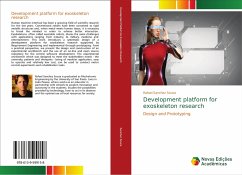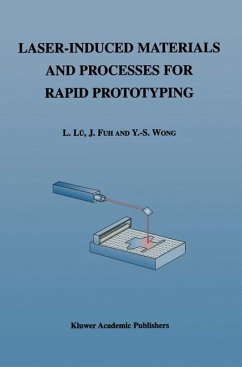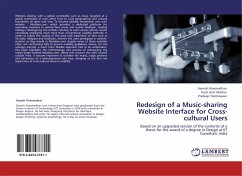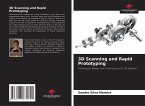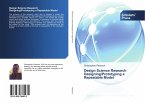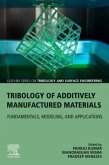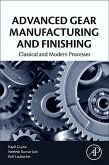Human machine interface has been a growing field of scientific research for the last years. Conventional robots have been conceived as rigid metallic structures and, when metal meets human tissue, it is necessary to break the mindset in order to achieve better interaction. Exoskeletons, often called wearable robots, shares the same challenges with applications ranging from industry, to military, medicine and entertainment. This work introduces a systematic design of a development platform for exoskeleton research supported by Requirement Engineering and implemented through prototyping. From a practical perspective, we present the design and construction of an experimental workbench and the use of an on-line and open source repository for the control software development. The experimental workbench which was designed to meet the stakeholders needs - the university, patients and therapists - being of modular application, easy to operate and relatively low cost, can be used to conduct motor control experiments and rehabilitation tasks.
Bitte wählen Sie Ihr Anliegen aus.
Rechnungen
Retourenschein anfordern
Bestellstatus
Storno

